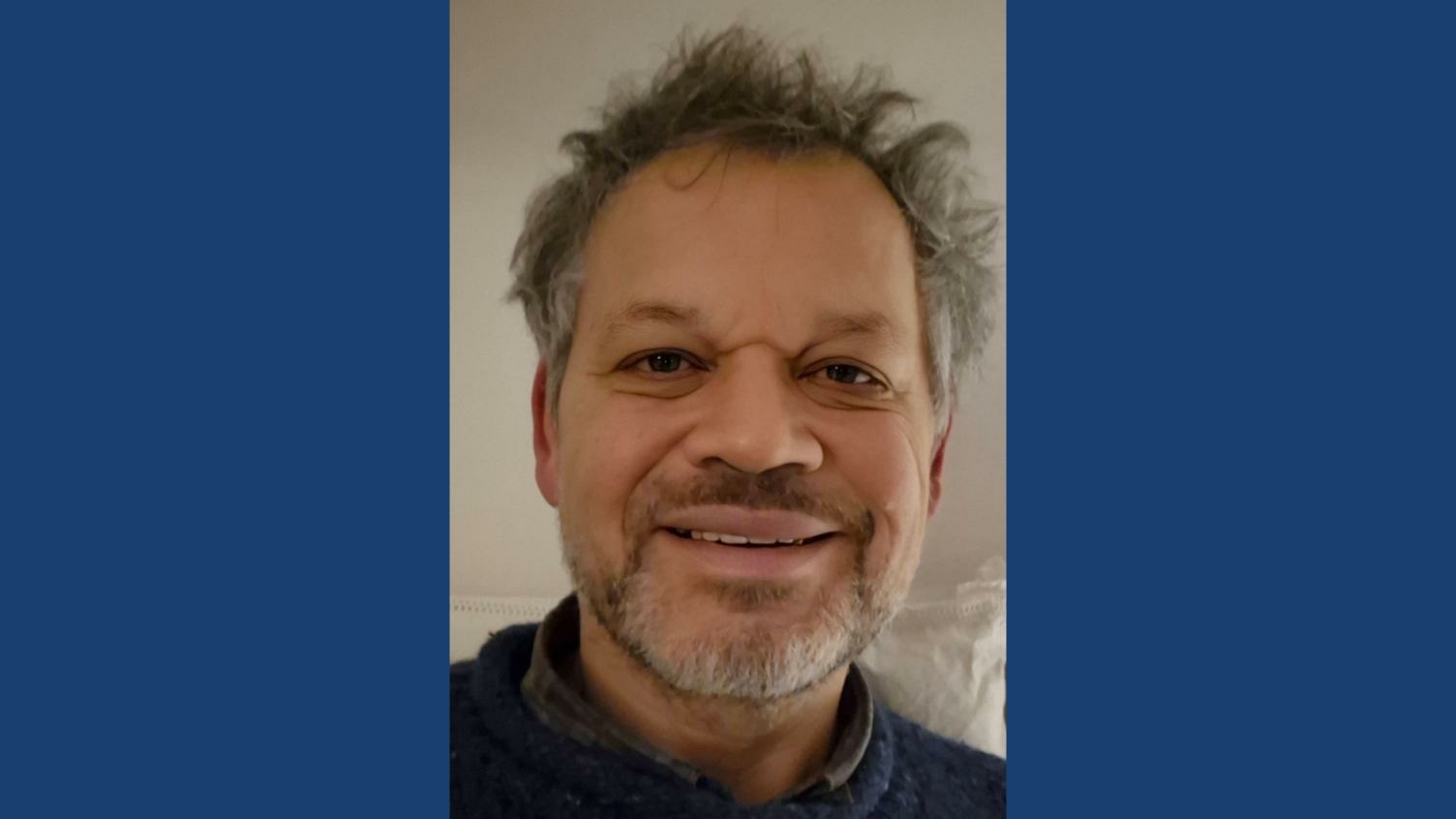How a research trial changed a patient's life
- 26 June 2023
- 3 min read
"It’s not just about us, it’s about the future and your children’s future."
A patient at the Royal Free London says participating in a NIHR supported research trial has helped her avoid dialysis after she was diagnosed with the same kidney condition her mother and aunt died from.
Terri Williams was diagnosed with polycystic kidney disease (PKD) almost 30 years ago. Her mother and aunt had both died from PKD before they were 60. It is thanks to an experimental drug Terri received as part of a trial that she remains fit and healthy today.
PKD is a genetic condition in which the kidneys deteriorate over time. Previously, the only treatment was dialysis or a kidney transplant. However, thanks to Terri and other PKD patients who participated in clinical trials, an effective drug, Tolvaptan, which slows down the progression of the disease, is now widely available for those with the condition.
Terri was offered the chance to participate in the Tolvaptan trial in 2008. During an annual check-up at the Whittington Hospital, renal consultant John Connolly - now chief executive of the Royal Free Hospital (RFH) - encouraged her to enrol in the drug trial at the RFH.
Her decision to sign up to the trial meant Terri benefited from the drug seven years before it was approved for use on the NHS.
Terri said: "I signed up for the trial hoping it would buy me more time before dialysis was required. But, as a mother with a genetic condition, I was also looking to the future. If my children had the condition, I wanted them to have early access to a successful treatment."
Terri's mother Maeve passed away from kidney failure when she was 59. "She was a warm family woman adored by her grandchildren but sadly didn't get to see them grow up," said Terri.
"I urge other patients to embrace research. Without research, we don't move forward. It's not just about us, it's about the future and your children's future. If there is no solution, you must put yourself out there to find one. You cannot underestimate the impact of this drug for PKD patients who previously had no other alternatives besides dialysis."
Daniel Gale, professor of nephrology at UCL and consultant nephrologist at the Royal Free London, runs the family kidney clinic at the RFH. He said: "Clinical trials depend on the generosity of people like Terri who volunteer to participate in medical research and help to bring a future without kidney failure closer.
"Rare diseases account for over one in five people in the UK who are on dialysis or have a kidney transplant. The development of safe, effective treatments, such as Tolvaptan, can offer real hope to very many people - both for themselves and for their families."
Terri added: "I was looked after so well by the research team at the Royal Free London. As I still go back every three months for observation, those involved in my care are almost like family to me. They are such a lovely team."
Terri is now just a year younger than her mother was when she passed away. "Looking at me today, you wouldn't think that I have the same genetic disease that ended my mother and aunt's lives so prematurely," she said. "I have the Royal Free London to thank for that and I'm grateful to be under the care of such a fantastic research hospital."
Vashist Deelchand, lead research nurse on the trial, said Terri is selfless and inspiring.
"Terri has a positive attitude that brightens any room she walks into," he added. "She was an engaged participant who quickly acquired insight into the wider benefits of this research. I am very grateful to her for sharing her knowledge and insights with us. "
Daniel added: "Terri's story illustrates the burden rare and genetic diseases can put on whole families. Medical science is advancing rapidly, and as we understand more about each disease the likelihood that new treatments will be developed increases."


